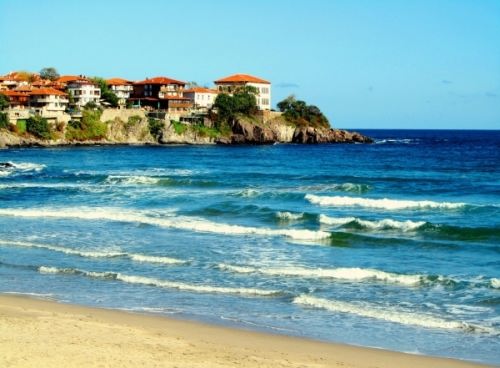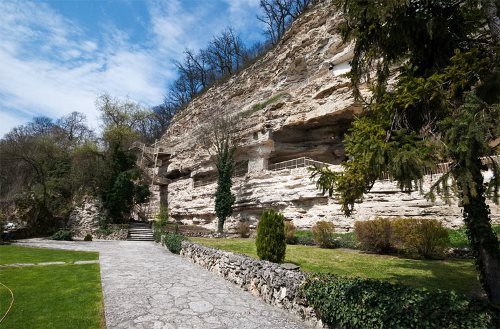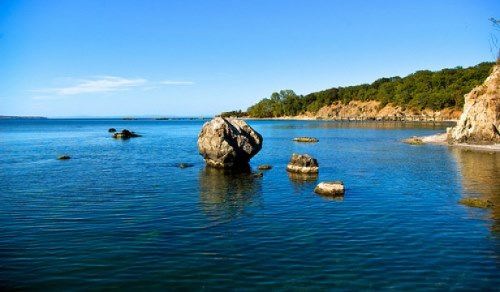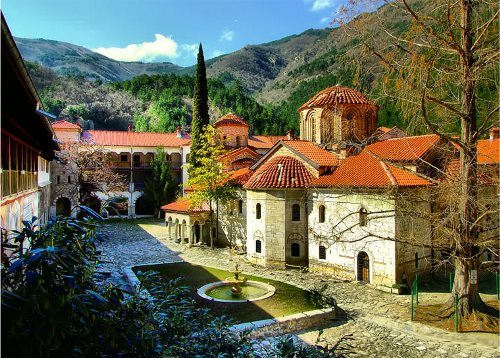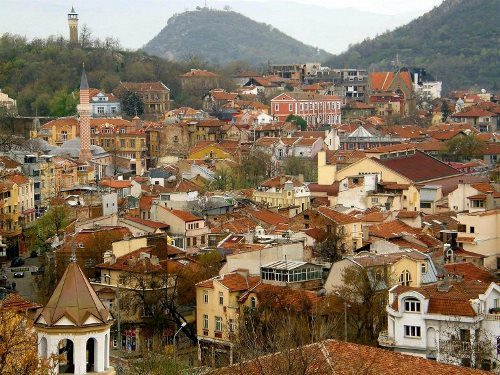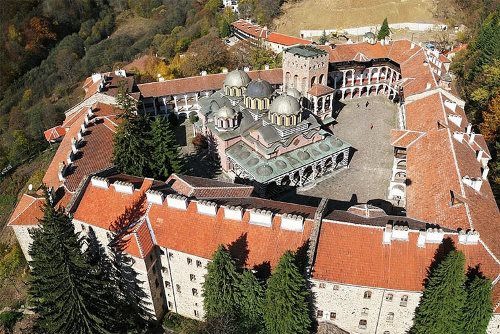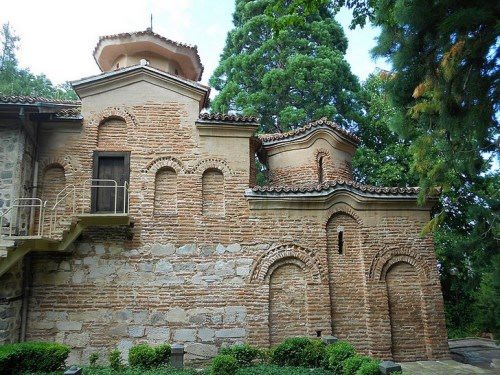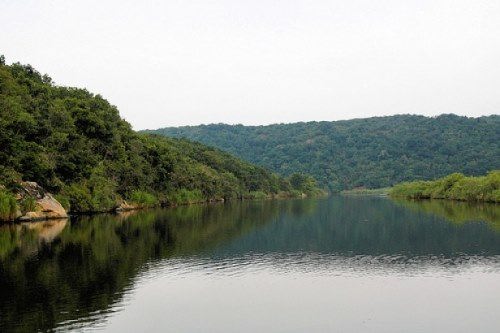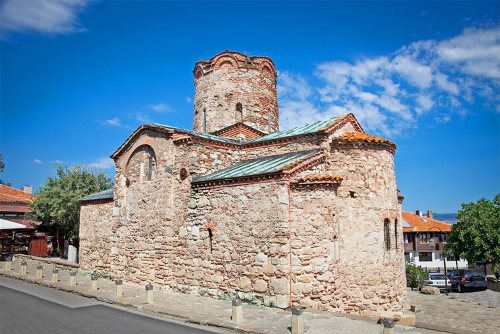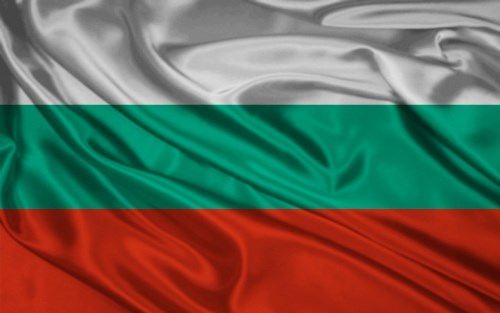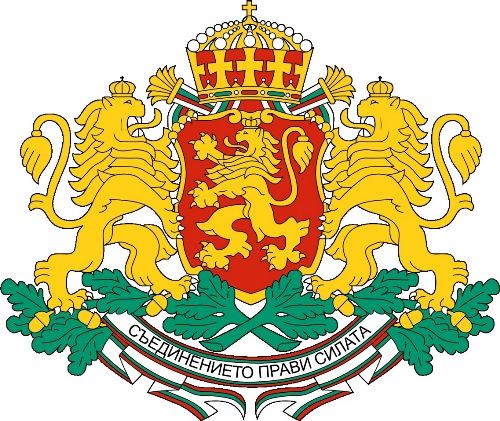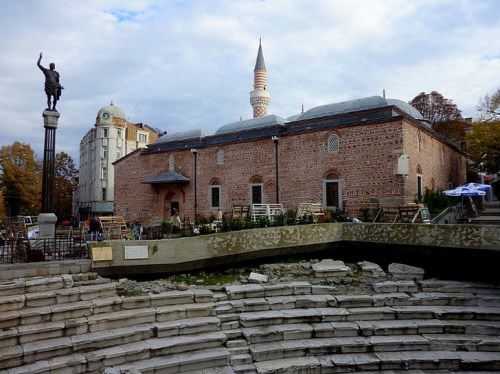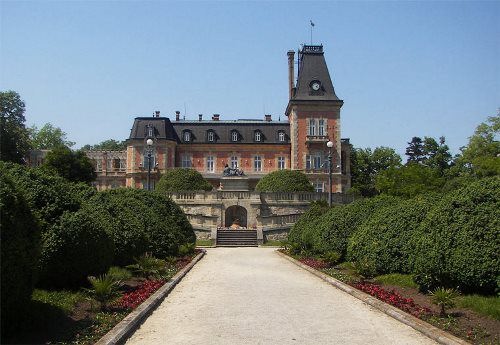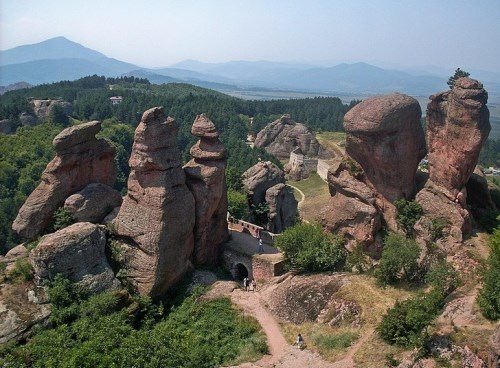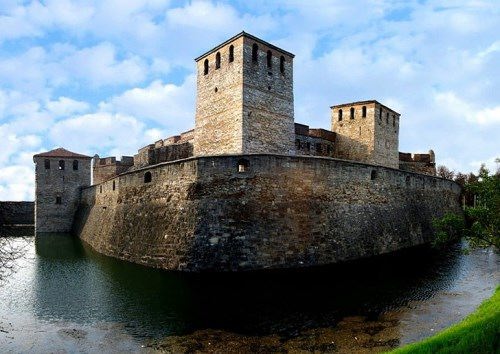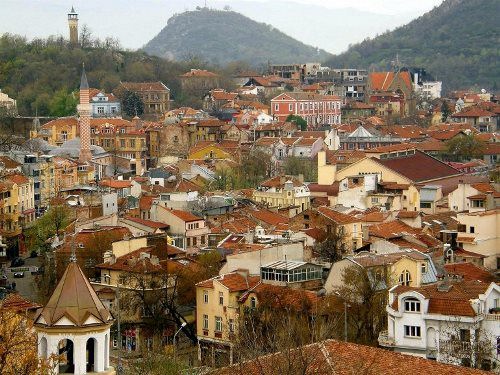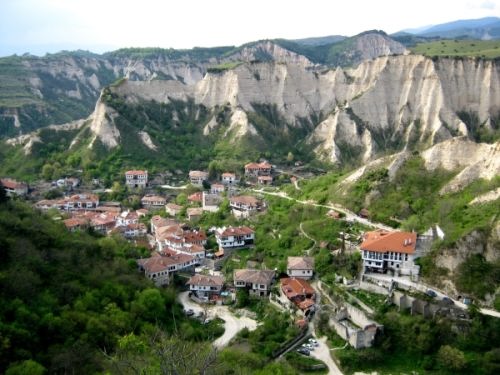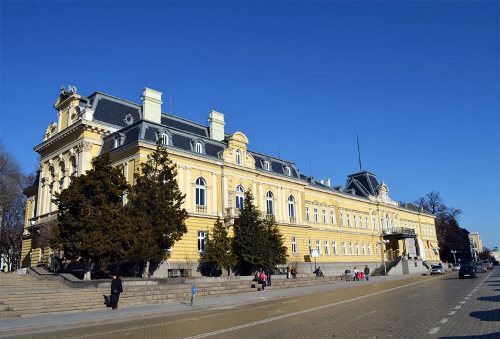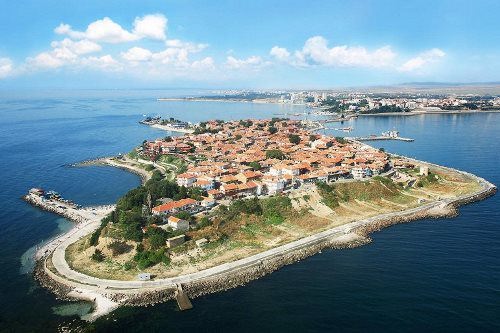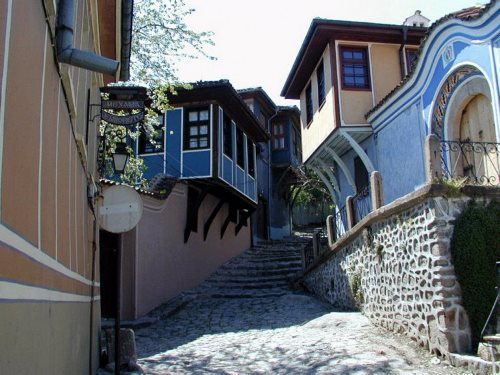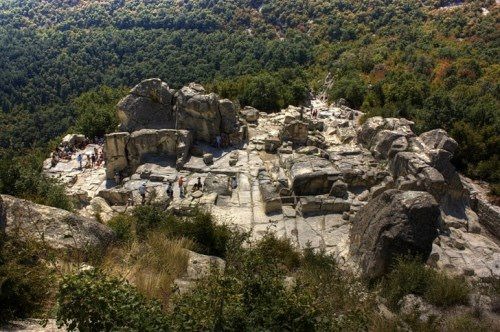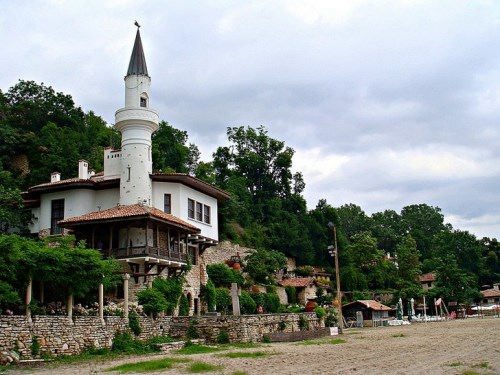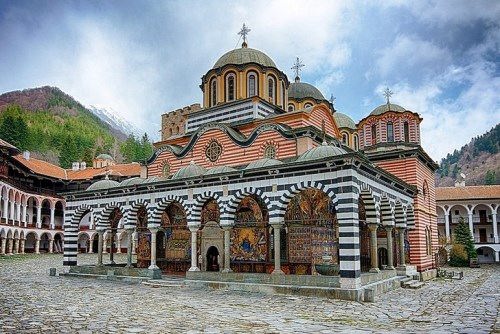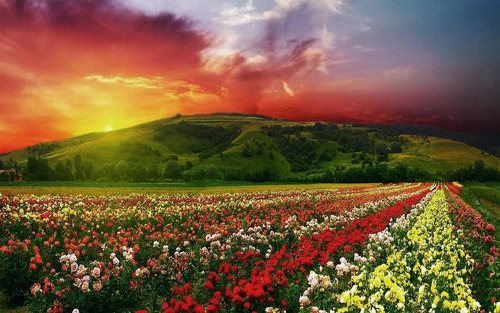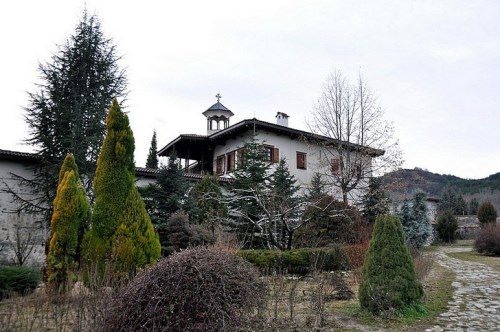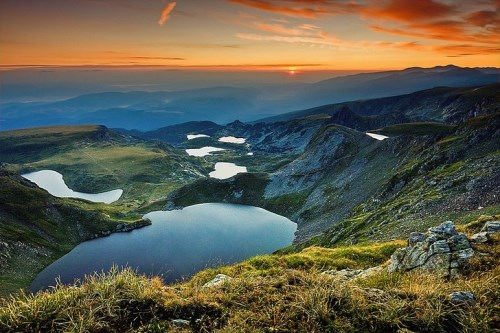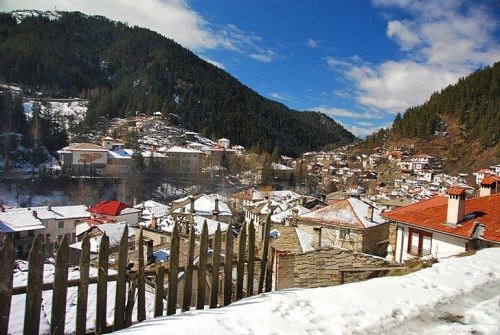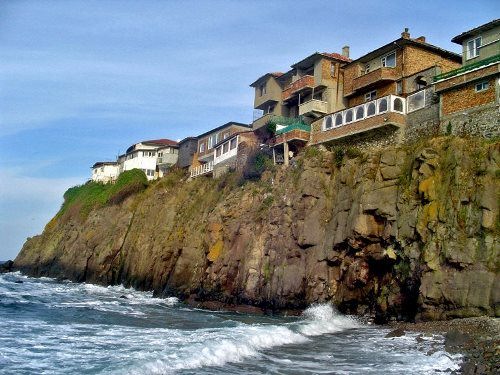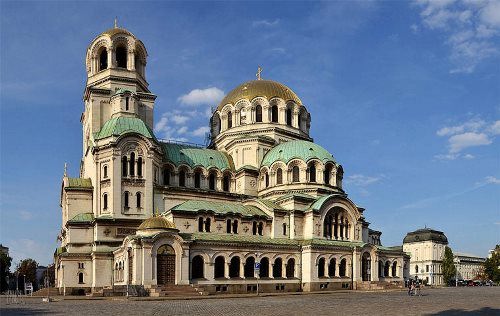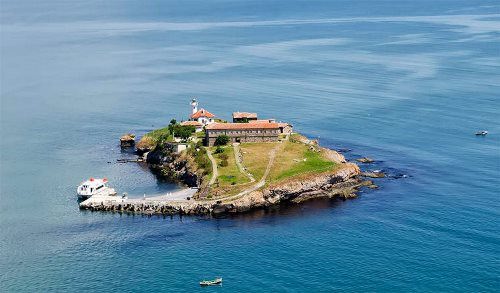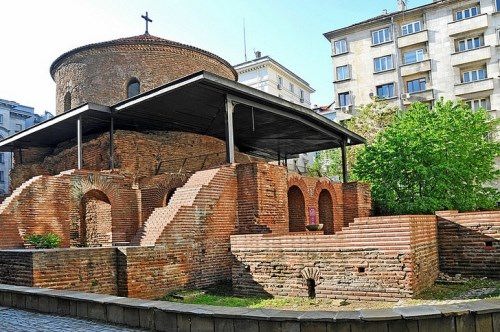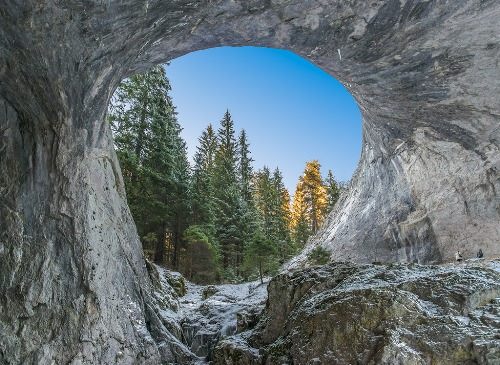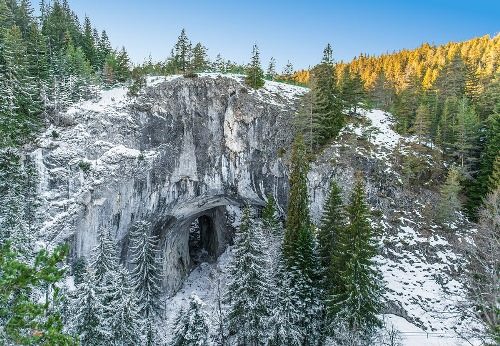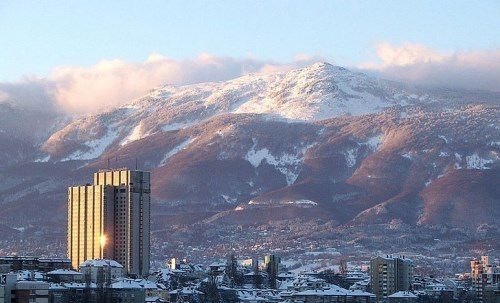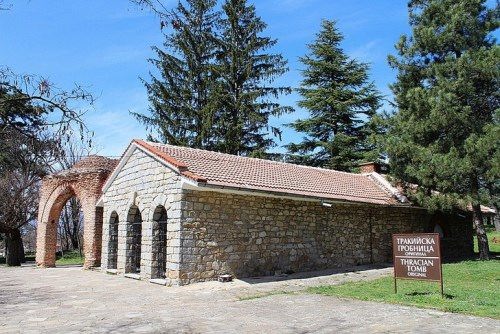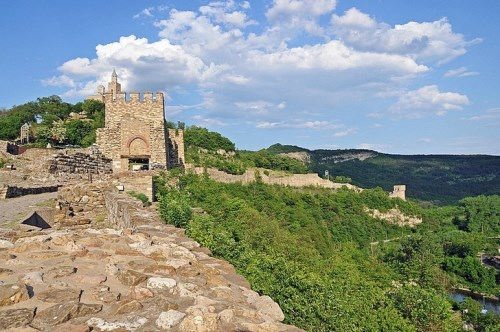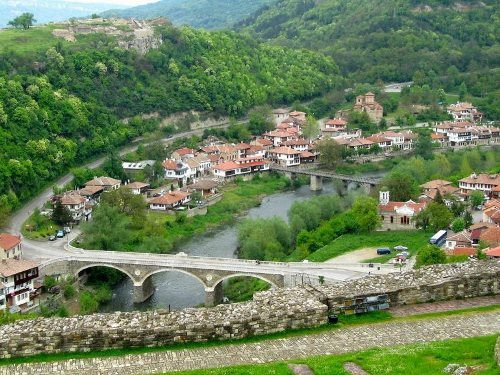Bulgaria – interesting country
The Republic of Bulgaria lies on the Balkan Peninsula in the southeastern corner of Europe. Its area is 110,910 square kilometers. Bulgaria shares borders with Romania, Serbia, Macedonia, Greece, and Turkey. Bulgaria is divided into twenty-eight provinces. It has picturesque mountains, wooded hills, sheltered valleys, grain-producing plains, and a seacoast along the Black Sea.
Bulgaria was part of an ancient region known as Thrace. In the 5th and 6th centuries Slavs invaded. The Bulgars defeated the Slavs and gave their name to the country. The Turks controlled Bulgaria for almost 500 years. In 1878, with Russian help, Bulgaria gained partial independence and in 1908 the country became fully independent.
Ethnic Bulgarians make up almost 85 percent of the population. Bulgarians write their language in the Cyrillic (Russian) alphabet.
Bulgaria has deposits of coal, iron, copper, petroleum, and natural gas. Leading crops are wheat, corn, barley, sunflowers, and grapes.
Sofia is the capital of the country and its largest city. It was named after Saint Sofia Church, which was built in the city in about the 500s.
Musala is the highest point (2,925 m).
Danube is the longest river (2,850 km).
Popovo Lake is the largest lake (12.4 ha).
There are about 280 glacial lakes. Tirgard Gorge is located in the West Rhodope Mountains, near the town of Devin. It is about 500 meters long with cliffs above 300 meters. Novi Iskur Gorge stretches for a length of about 156 kilometers. The Melnik Pyramids are natural rock formations found in the southwestern slopes of the Pirin Mountains.
The Ivanovo Rock Monasteries have been designated as a UNESCO World Heritage Site.
Interesting facts
– Plovdiv, the oldest continuously inhabited city in Europe, is about 6 thousand years old.
– Bulgarian scientists are sure that Cyril and Methodius, the creators of the Old Slavonic language and the alphabet, were Bulgarians. According to the most common version, however, the brothers were of Greek origin.
– There are more than 4 thousand caves in Bulgaria.
– The Bulgarian folk song Izel ye Delyo Haydutin became one of the musical compositions, the record of which was sent to space aboard the Voyager.
– The Bulgarian language consists almost entirely of borrowings – only 7 Bulgarian words left in it.
– Bulgaria is one of the largest wine producers in Eastern Europe. This country exports 80-85% of all produced wines.
